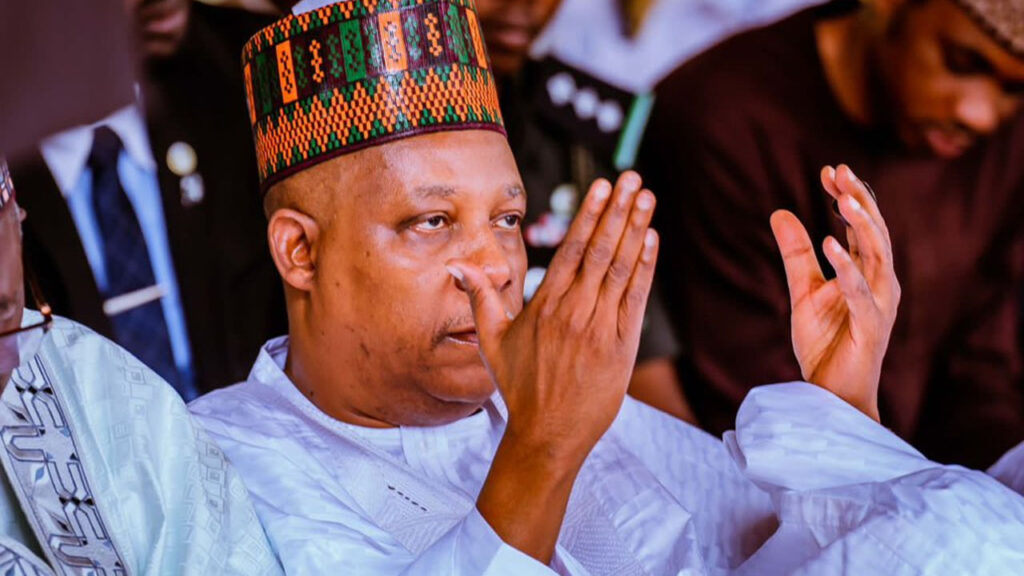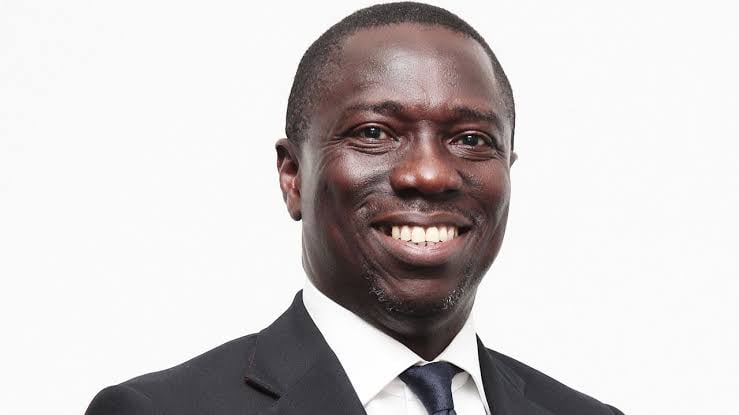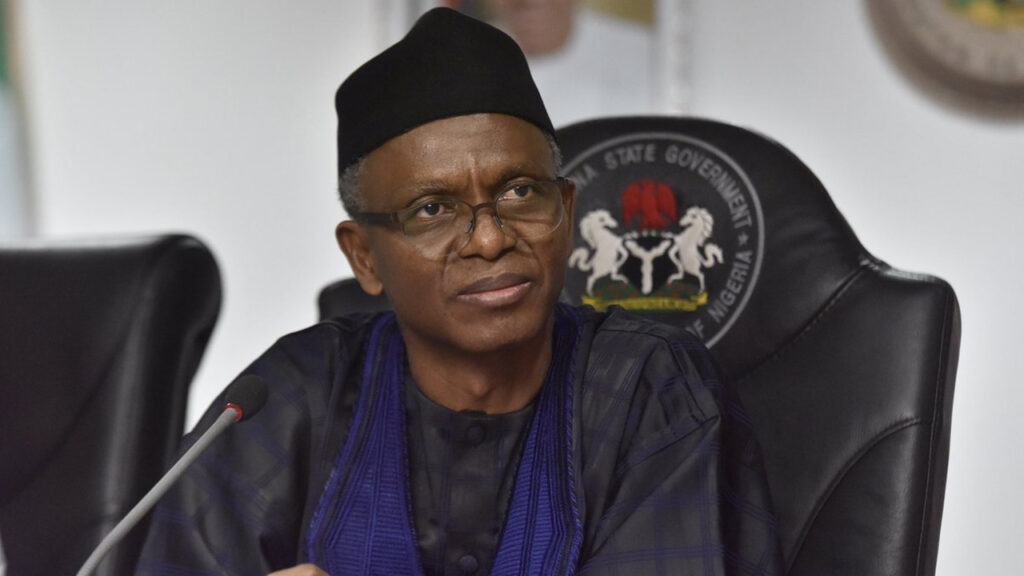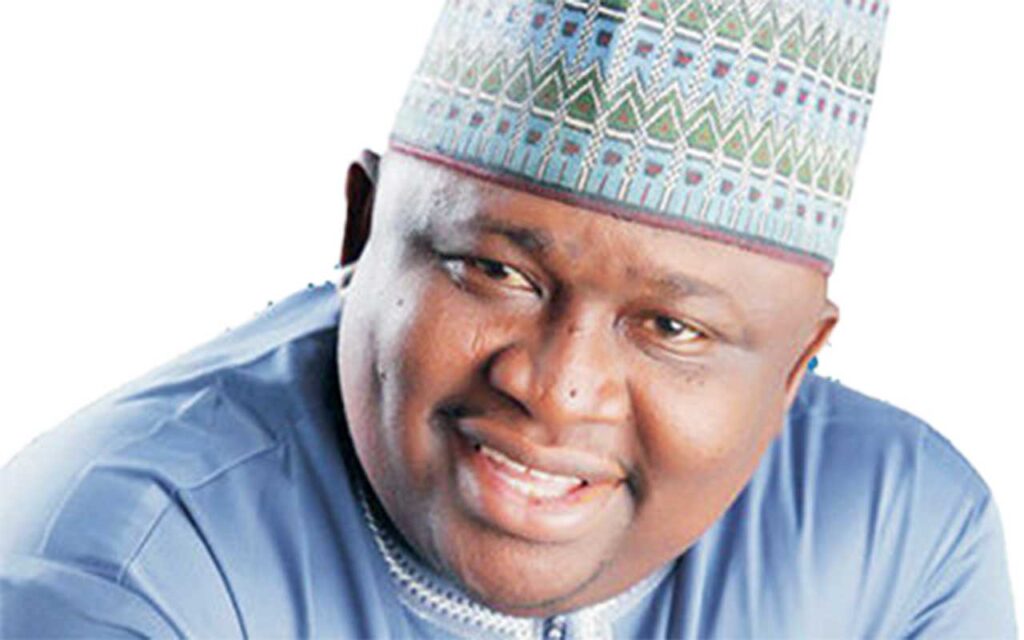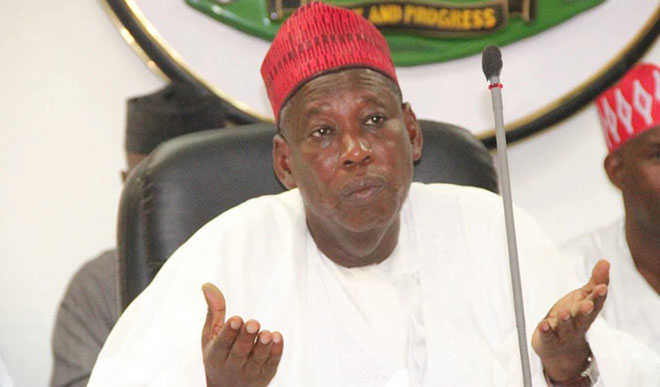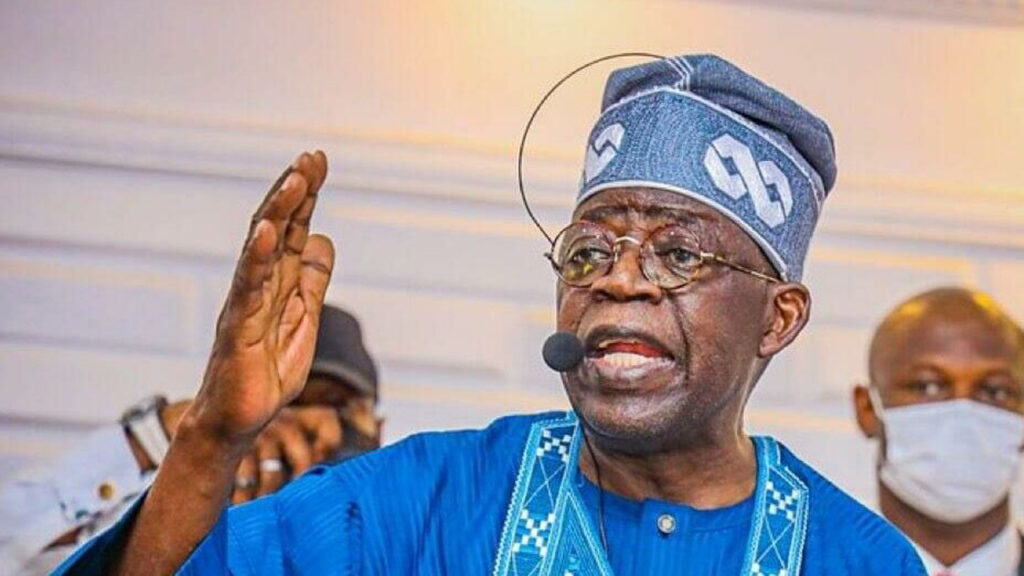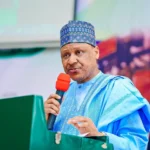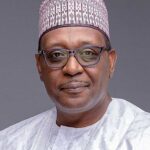Vice President Kashim Shettima has charged members of Nigeria’s $1 trillion economy team to be disciplined. He gave the charge, yesterday, during the launch of the Federal Government initiative to establish an operating framework for economic and financial inclusion to transform Nigeria into a $1 trillion economy by 2030.
The initiative, he added, symbolises the commitment of the President Bola Tinubu administration to enhance financial and economic inclusion across the country.
The project is designed to combat poverty and catalyse sustainable bottom-up economic growth. Abuja had on April 25, 2024 unveiled the Aso Accord on Economic and Financial Inclusion, a multi-pronged blueprint designed to achieve universal access to financial services.
The accord represents a core pillar of the administration’s Renewed Hope Agenda to transform the nation into a $1 trillion economy by 2030, while combating poverty and insecurity through broad-based prosperity, The Guardian learnt.
Addressing members of the team and other stakeholders at the maiden meeting, the VP noted that the idea was to provide access to capital and eradicate poverty through legislative interventions and critical policies.
According to Shettima, at the heart of every strategy championed by Tinubu, there has been the need to prioritise inclusive economic growth.
He listed some positive results the efforts yielded to include the recent upgrade of Nigeria’s credit outlook to positive by Fitch Ratings, in recognition of the reform progress under Tinubu.
“While such upgrade by a distinguished institution reflects growing confidence in our economic trajectory, particularly in the light of policy changes to ease our debt service burden, we remain mindful of the short-term impact of these reforms.”
Hence, we are prioritising measures to mitigate immediate effect, from the Student Loan Act, which democratises access to education, to the relentless efforts of the Ministry of Agriculture and Food Security in combating food insecurity.”
The former Borno State governor pointed out that due to the administration’s belief that its approach to inclusive growth must be strategic and sustainable, economic and financial inclusion was elevated to the agenda of the National Economic Council (NEC), where governors of the 36 states and the Federal Capital Territory (FCT) Minister participate in crucial policy deliberations alongside other stakeholders. He implored members of the implementation team and other stakeholders in the initiative to recognise the weight of their responsibility.
“You have been entrusted with a vital national assignment, and I have full confidence that you will bring your best efforts to ensure its success.
“As we embark on this essential initiative, I call upon each of you to contribute your insights, expertise and dedication. Only through such resolve and discipline can we forge a robust operating model that will drive economic and financial inclusion across our nation, ensuring that every Nigerian has the opportunity to thrive,” he said.
Imploring the team to engage all stakeholders fully, the VP said “there is no greater calling than developing solutions to alleviate the impact of ongoing economic reforms on over 30 million financially excluded Nigerians, propelling Nigeria towards sustainable and inclusive growth”.
Technical Advisor to the President on Financial Inclusion, Dr Nurudeen Zauro, reported substantial progress in implementing the Aso Accord on Financial Inclusion and a series of initiatives aimed at broadening financial access across the nation.
“Since its signing, the operationalisation of the accord has received funding from the Bill & Melinda Gates Foundation through the Lagos Business School (LBS),” Zauro said.
The Project Manager at LBS, Prof Olayinka David-West, commended the Tinubu administration for putting economic and financial inclusion on the front burner by signing the Aso Accord earlier in April.
She said the LBS team working with its counterpart in the VP’s office and other stakeholders “is looking at the legal framework for financial inclusion” as well as giving the initiative the convening power, and national coordination to drive ownership across the country.

